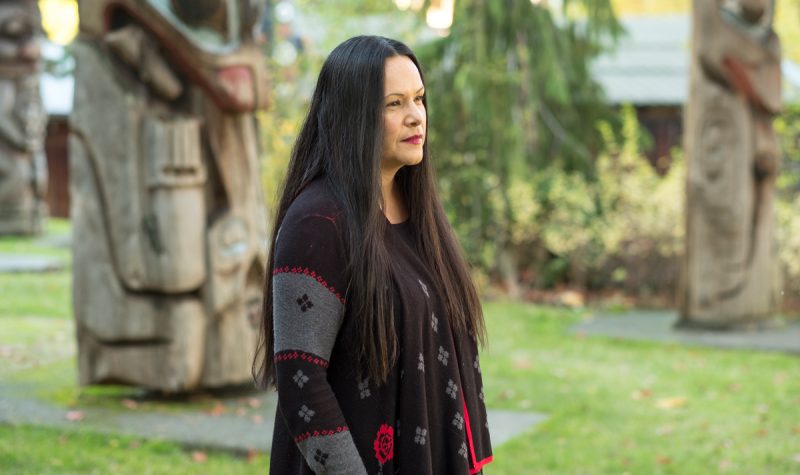Photo Courtesy of Inter-Cultural Association of Greater Victoria Website
On Sept. 21, after spending the past year in consultation, the Inter-Cultural Association’s (ICA) Indigenous Journey Project officially released their territorial acknowledgement, the first step in what Director of Impact and Innovation Meghan Mergaert says is a “five-year action plan” achieved “through a number of trainings and conversations at all levels of our organization.”
The plan is dedicated to helping new immigrants and refugees who the ICA help become established, build relationships with Coast Salish peoples and form an understanding of the history of the land they are occupying.
The Indigenous Journey Project kicked off after receiving a two-year grant from Canadian Heritage on Oct. 30, 2019 in conjunction with the Called to Action Collaborative, who are “a team of indigenous and non-indigenous elders and educators,” Mergaert said. “And so in the first year of the project, their relationship was very much that they were guiding us through this process. So we were really leaning on them for the advice and the direction in terms of how to do this work in an intentional and meaningful way.”
Mergaert listed two potential reasons for this type of work being necessary. The first being that certain research studies have pointed to the trend that many newcomers adopt a negative opinion tied to stereotypes of indigenous people “and so, as an organization that supports nearly 3,000 clients a year, we know we have an opportunity and almost a responsibility to shift that narrative,” she said.
The second reason is to link the experiences of immigrants with those of Indigenous people to further the understanding that many immigrants lives draw parallels to those of indigenous people as they both may have been the victims of similar types of oppression. Mergaert points to the importance of meaningful relationship building as a core part of the project.
“One of the activities we held were focus groups with new immigrants," she said. "And I always remember the quote from one of them that said, you know, I've been here for five years, and I've learned about indigenous people, but I've never spoken to one. And so there's a real gap in terms of actual creating relationships and connections.”
Part of this project is being mindful that the journey to reach their goals is as important as the goal itself. Mergaert spoke to the importance of the relationship they cultivated with the Called to Action Collaborative.
“Because it is very much relationship based, and there's an indigenous way of working, such as sitting in circle, and sharing stories and sharing meals is that it is not our western way of working," she said. "So it actually takes up a lot more time. But what we've found throughout doing this project is that it has been such a positive investment in terms of how we work because we we've, we've learned so much about our team that we would have never learned if we had just continued to do our Western way of meeting.”
This meaningful way of interacting is partially why the COVID-19 pandemic put a delay on the momentum of the project.
“Just as COVID hit, you know, it was actually interesting, because on March 12, we held our last meeting with this team, and we were all physically in the same boardroom, we were sharing a meal together, hands were in the same shared dishes," Mergaert said. "And that was, for many of us, we remember that as being the last in person meeting, prior to COVID-19, because everything happened, you know, March 17, 18. So a lot of it was put on hold, because our organization needed to shift to look at virtual services and ensuring that clients are safe. So we made the decision to put this project on hold for a few months, but it's back up and running.”
In regards to the first step moving forward, Mergaert spoke of the importance of language and territorial acknowledgements.
“So we're getting started and sort of looking at those recommendations, things like, drafting up a land acknowledgement, and having people be more comfortable with territorial acknowledgments," Mergaert said. "That's been something that sounds easy, but it actually takes a lot of time to become comfortable with that."


